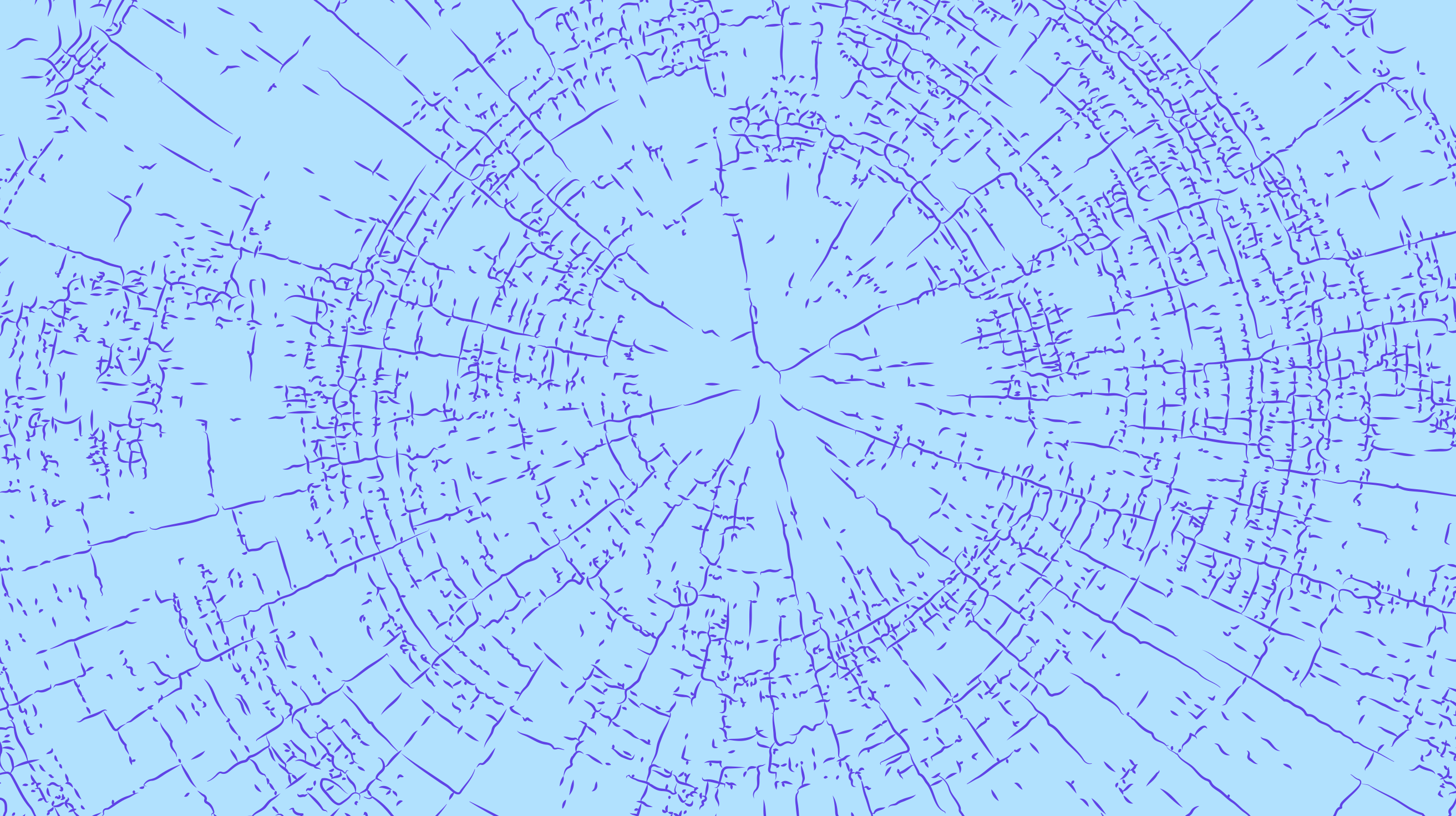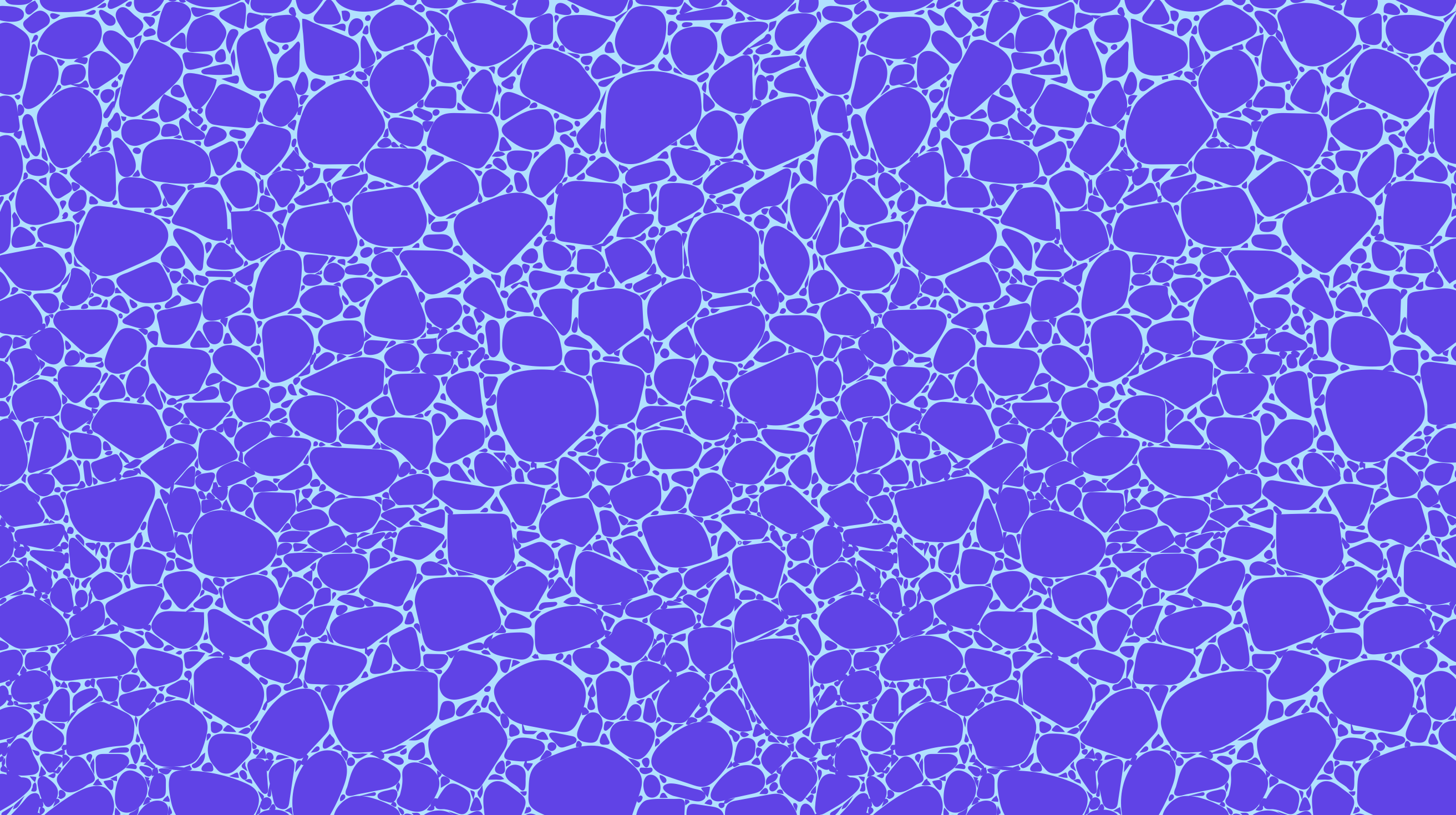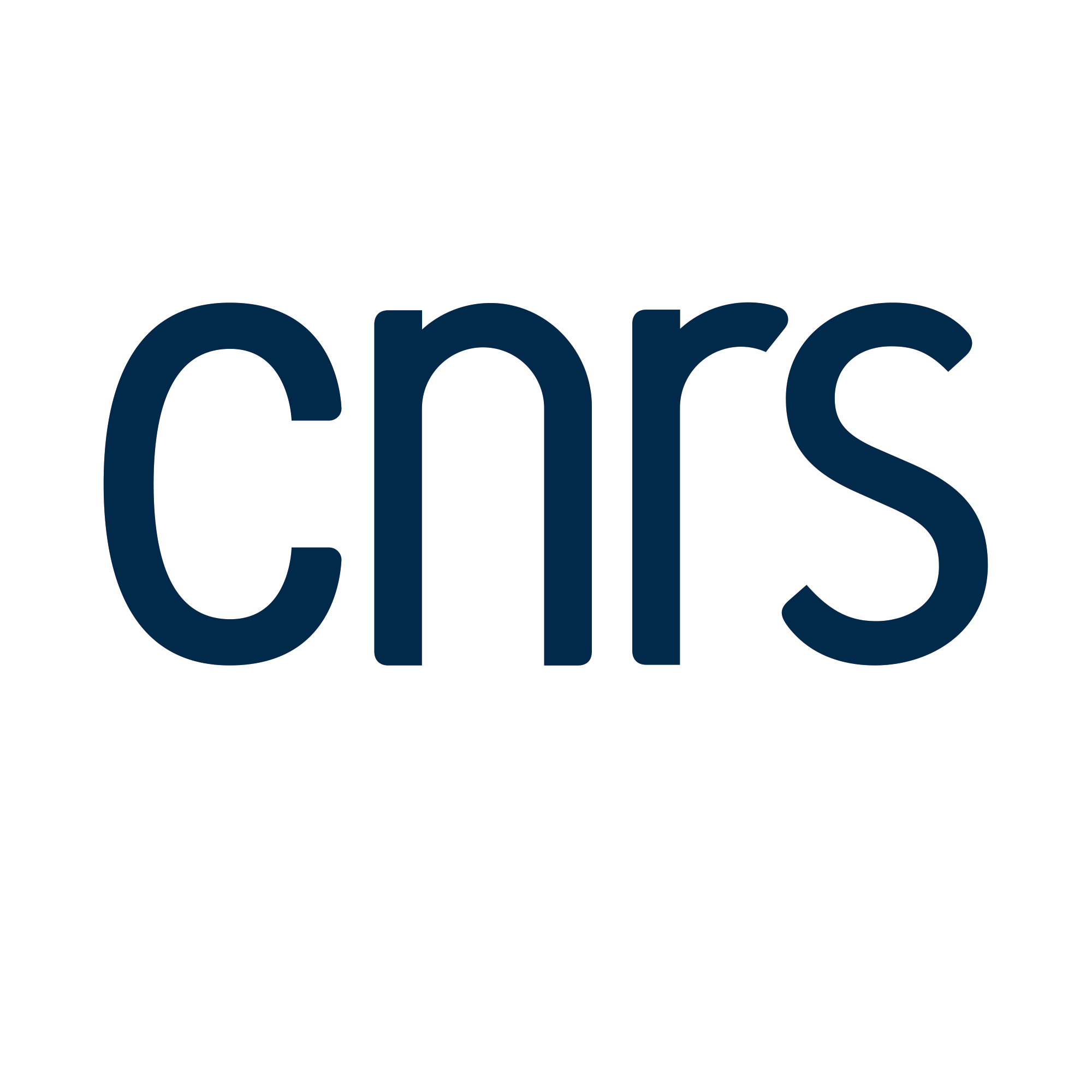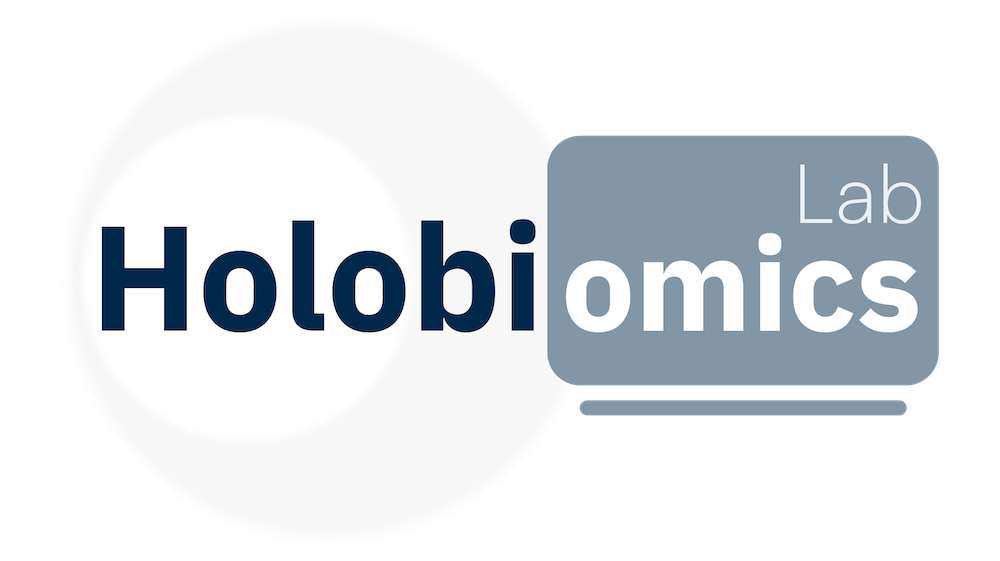Current Projects 🚀
The MetaboLinkAI project, "Open, Integrative, and Extendable Artificial Intelligence and Knowledge Graphs Framework for Functional and Actionable Metabolomics," is an international research consortium initiative (2025–2029) co-funded by the Swiss National Science Foundation (SNF 10002786, 3.16M€) and the French Agence Nationale de la Recherche (ANR-24-CE93-0012-01, 1.3M€). Dedicated to transforming the collection, management, and interpretation of metabolomics data through artificial intelligence 🧠, it is coordinated by ETH Zurich and CNRS. The initiative unites eight leading scientific institutions from France (including Inria and INRAE) and Switzerland (such as UNIGE, UNIFR, UZH, and SIB). By merging deep expertise in metabolomics, knowledge engineering, and AI, MetaboLinkAI is committed to fostering open science and building a global community of researchers and innovators. Along with Prof. Nicola Zamboni (ETH Zurich), the HolobiomicsLab is co-coordinator of this international project and leads the development of the metabolomics AI assistant 🤖. More information is available at www.metabolinkai.net.
The "KGbot: Knowledge Graph Chatbot for Metabolomics" project develops an AI system that leverages language models to translate natural language queries into structured data requests over knowledge graphs 🔍. This innovative approach, prototyped in chemistry and metabolomics, facilitates interactive exploration of complex datasets—thereby accelerating hypothesis generation and refining metabolite annotation. The project is funded by Academie 1 IDEX Université Côte d'Azur (70k€, 2024–2025) and supported by a part-time software engineer from the Interdisciplinary Institute for Artificial Intelligence (3iA) Côte d'Azur (2024). More information is available at ds4h.univ-cotedazur.fr/recherche/projets-finances/projet-kg-bot.
The "Deep Reinforcement Learning for Mass Spectrometry Data Acquisition in Metabolomics" project, conducted by Madina Bekbergenova's for her doctoral research, aims to optimize real-time mass spectrometry data acquisition 🔬. By employing offline reinforcement learning to dynamically adjust instrument configurations, the project maximizes the quality and coverage of fragmentation spectra. This innovative approach promises to uncover metabolites that are currently overlooked, significantly enhancing molecular discovery in complex biological samples. This project is part of an international PhD program with Prof. Wout Bittremieux, funded by the EUR Spectrum of the Université Côte d'Azur and 3iA Côte d'Azur (2024-2027, 120k€).





